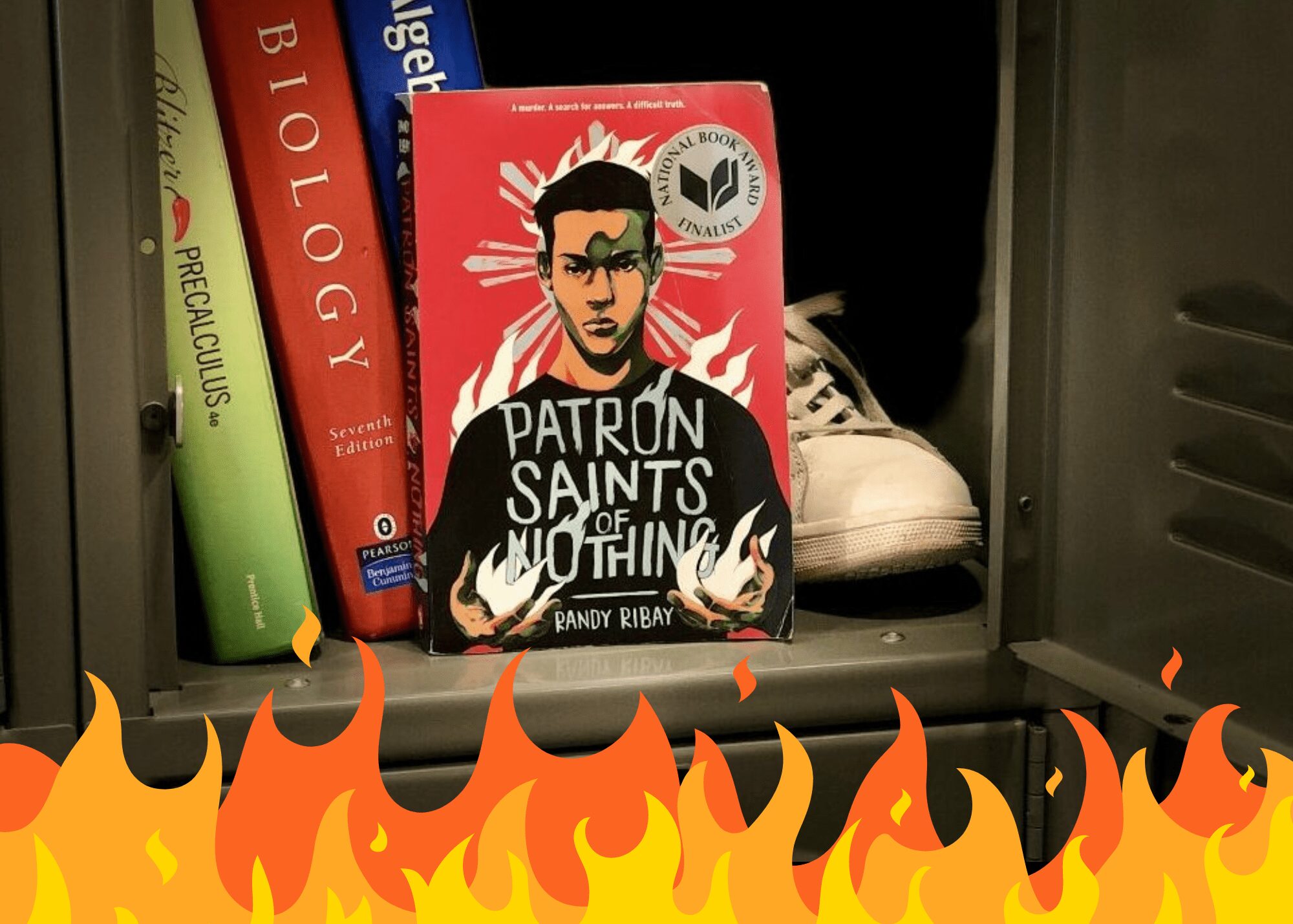Interview: Recap Percussion Quartet
Four young women of color march to the beat of their own drum in the world of classical percussion.
By Lindsay López-Isa Lamken
Recap is a musical group – technically, a percussion quartet – made up of four young women of color from Rahway, New Jersey: Arlene Acevedo, Alexis Carter, Tiahna Sterling, and Aline Vasquez. They became friends in middle school and later went on to play percussion in their high school’s marching band. They also studied percussion with Joe Bergen, a member of the Mantra Percussion ensemble.
Mantra Percussion is a non-profit arts organization based in New York City that focuses on promoting percussion music and developing equitable music communities. The organization has a tuition-free program called Mantra Youth Percussion that seeks to provide high-level musical training for young people. Mr. Bergen mentored the women as part of this program and encouraged them to play together as a group. In 2021, the women – now 19 and 20 years old – formed Recap Percussion Quartet and recorded an album of classical and experimental percussion music for the Innova Recordings label called Count to Five.
The world of percussion is dominated by men, so it’s remarkable and inspiring to see four young women, including two Latinas, making an impact in this part of the music world. And if that weren’t enough, all of the six songs on the label are composed by women – two of which have won Pulitzer Prizes for their work. The Count to Five album has received critical acclaim on major national news outlets including The Wall Street Journal and National Public Radio.
The two Latinas in Recap Percussion Quartet – Arlene Acevedo and Aline Vasquez – agreed to take time out of their busy schedules to give Lateenz an interview.
Hi! First, I want to say how happy and thankful I am that you agreed to speak with me today. I started Lateenz to provide inspiration and support for Hispanic/Latinx teenagers. So, when I heard about Recap, I right away thought it would great if our readers could hear about you. To start off, I was hoping you could tell me a little bit about yourselves and the other women who are part of Recap Percussion Quartet. What are your backgrounds and when did you meet?
Arlene: There are four of us in recap. We have all known each other and been friends since middle school. Being in school band has been a thing for our entire lives. We are women of color as well – we didn’t plan that, it just turned out that way. We live in a diverse area, so our school and band program was also a diverse place. Alina and I are Latinas. Tiana and Alexis are women of color as well.
Percussion is something that traditionally boys and men are interested in. So it’s really unusual and special to come across four young women – and especially women of color — who have really excelled in percussion and taken it to the next level. Can you tell me how it came about that all four of you started studying percussion?
Aline: The other three women have been playing percussion since they were young. I started doing percussion in high school in marching band my junior year, because they needed a percussionist and I was like, “Alright, why not?” I liked how they played percussion, so I just tried it out. And then after that we all joined Mantra Youth Percussion and the four of us were chosen to start playing as the quartet that we now call Recap. We’ve really been enjoying it – just going out there and playing our hearts out.
How did your parents and friends react to your interest in percussion? Did they ever question it or think it was weird?
Arlene: I have a funny story. I was really adamant that I wanted to play percussion for some reason. I don’t know why – I was just that type of a kid. And then my dad was like, “Why do you want to play the percussion? That’s such a boy instrument! Why don’t you play the flute or something like that?” And I’m like – “No, I want to play percussion!” I’m definitely happy I stuck with it.
Did you find it hard to learn percussion? I watched the video where you perform Count to Five on YouTube [link to https://www.youtube.com/watch?v=BP_dmuVU9mI] and I kept thinking to myself, how to they keep the timing and remember all the different elements?
Arlene: The music is hard sometimes, but it helps that we’re together. We like playing together, and I think we help keep each other in focus and stick with it. We like to look at each other while we are playing. And also – practice – we get through it with a lot of practice!
Speaking of sticking with it, a lot of kids and teens start playing instruments and later drop them. Were you ever tempted to walk away from percussion? If so, how did you stick with it?
Aline: My dad is surprised that I’m still doing music! Sometimes he would want to take me out of music, because he’d think that I was too focused on it and not also paying enough attention to my studies. And it true that a lot of my time was taken up by music in addition to work and applying to colleges. He thought that I would lose interest in school. But I proved him wrong by getting better grades – by showing him that I can do both.
It seems like the Mantra Percussion organization and Joe Bergen played a large role in your training and maturing as performers. One of the things that we are trying to do with the magazine is to make Latinx teenagers aware that there are programs like Mantra Youth Percussion out there. We want to help Latinx teens find out about those programs and encourage them to participate. Can you tell me about the role that Mantra has played in your lives?
Arlene: I’ve had Joe as my percussion instructor since middle school – since eighth grade. He has always been the driving force for me to continue with percussion and enjoy learning it. And he’s the one who put us together as a group. When we were junhttps://www.youtube.com/watch?v=BP_dmuVU9mIiors, he put us together as a quartet to play percussion music because he said we were the best percussionists he had. He really believed in us. He said we were really great together and encouraged us to continue playing together and form a group. And because of him, we did. I don’t know if we would have been able to do that without him, because he really kept pushing us.
About the music, going back to the video for Count to Five, I watched it and it’s really interesting. You incorporate so many non-traditional instruments – newspapers, fans, playing cards, glasses, and even chairs. If I had to describe the piece to someone, I would say that it starts off with a feeling like you’re sitting in a busy coffee shop or office and then during the course of the piece you walk out and find yourself experiencing the sights and sounds of a large city. I also have to say that you ladies look super fierce and focused in the video. Can you tell me how you interpret or feel about Count to Five? What does that piece mean for you?
Arlene: I think you’re right. It’s always been described that way – as creating a feeling of work and business. I remember when we were first learning it, Joe would describe it to us as a construction scene. He suggested that we look like we were determined and busy working on something when we perform it.
My favorite piece on the album is Hedera. It’s a long piece that grows in intensity over the course of 20 minutes. The drum beats are so rhythmic, it feels like they are driving the listener forward. And then the voices layered on top have a really “other-worldly” feeling about them. Can you talk to me a bit about this work?
Arlene: This piece actually features Tiahna and Alexis. Neither Aline nor I play on it – so we can’t really speak to what they are trying to do. But they definitely move the piece forward like you are describing with the rhythmic sounds. I feel it’s a really powerful song as well.

In addition to all the members of recap being women, the songs on your album were all composed by women artists. Was it a conscious decision to have all the pieces created by women?
Aline: Honestly, it just happened. We didn’t think of it.
Arlene: We didn’t realize it at first, but when we noticed we were doing pieces by women, we just kept going with it.
Were the pieces specifically composed for your group or did you find them?
Arlene: Most of them we found.
Is there any advice that you can give Latinx teenagers based on your experience?
Arlene: I always like to say to just “go for it.” Even if you feel like it’s going to be difficult and people say, maybe you shouldn’t or it seems like there’s a lot stopping you, just go for it anyway. That’s what I kept doing. I just kept continuing on and on. It turned out to be something I really enjoy doing. Even if you think it won’t work – just try it anyway.
You’re all off to college this year – congrats! Do you think you will find a way to keep playing together?
Aline: Oh yeah, definitely. Honestly, we have so much passion for the music and each other – and hopefully what we’re doing to inspire others – that I know we’ll make time no matter what’s going on to continue playing together.
Again, thank you so much for speaking to me! I can wait to share your words with other “Lateenz.”
Count to Five is available on Spotify or you can hear previews and buy songs here: https://www.innova.mu/albums/recap/count-five.
Most popular
-
 Student Life35 Top Science Competitions for High School StudentsJanuary 31
Student Life35 Top Science Competitions for High School StudentsJanuary 31 -
 Info / InspirationVoto Para La Mujer Quarter is a Major “Change”!July 29
Info / InspirationVoto Para La Mujer Quarter is a Major “Change”!July 29 -
 Student Life35+ High School Internships in the Bay AreaJanuary 22
Student Life35+ High School Internships in the Bay AreaJanuary 22 -
 Student Life90+ Best Writing Competitions for High School StudentsApril 13
Student Life90+ Best Writing Competitions for High School StudentsApril 13 -
 Student Life45+ Exciting Environmental Science Internships for High School StudentsOctober 18
Student Life45+ Exciting Environmental Science Internships for High School StudentsOctober 18





